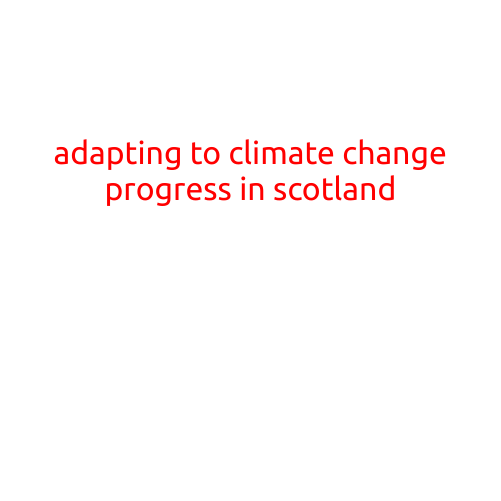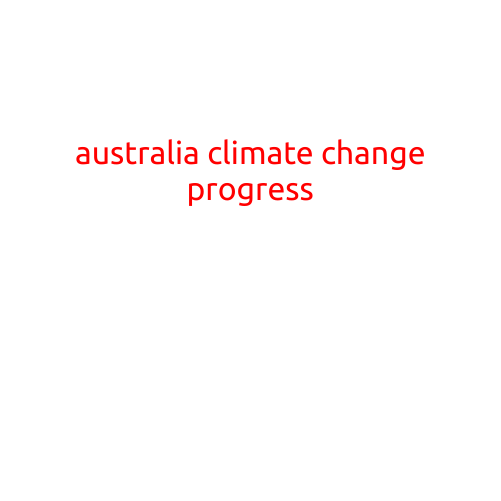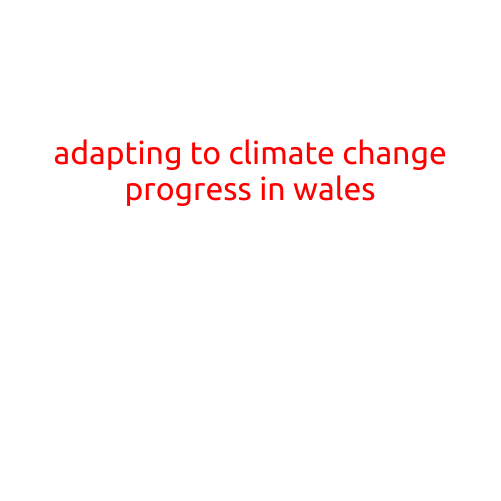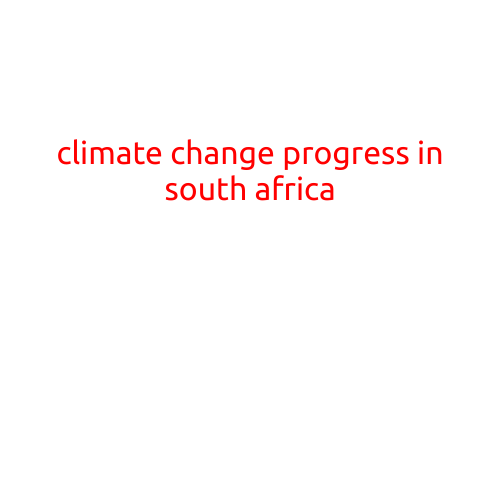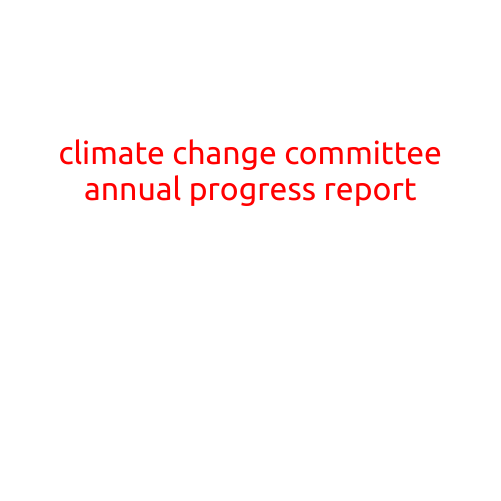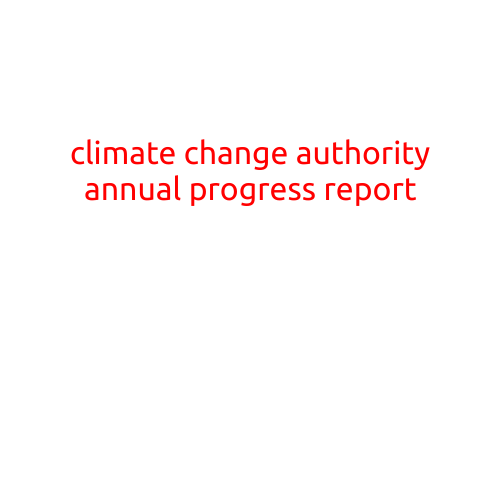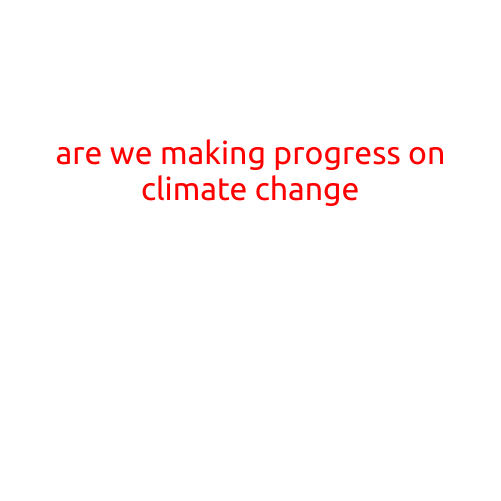
Are We Making Progress on Climate Change?
It’s hard to ignore the increasingly dire warnings and alarming statistics about the impacts of climate change. Rising temperatures, severe weather events, and melting glaciers have become the norm. As the world grapples with this environmental crisis, the question on everyone’s mind is: are we making progress on climate change?
The Good News
There are certainly glimmers of hope. In the past decade, renewable energy sources like solar and wind power have become significantly cheaper and more efficient, leading to a surge in adoption. In 2020, renewables accounted for 30% of global electricity generation, up from 22% in 2010. Additionally, electric vehicle sales have skyrocketed, with many countries setting targets to phase out fossil fuel-based transportation.
International Cooperation
Another crucial aspect of climate progress is international cooperation. The Paris Agreement, signed in 2015, brought a wave of momentum to global climate efforts. Today, nearly 200 countries have pledged to limit warming to well below 2°C above pre-industrial levels and pursue efforts to limit it to 1.5°C. The agreement’s various mechanisms, such as Nationally Determined Contributions (NDCs) and the Green Climate Fund, provide a framework for countries to work together to achieve a low-carbon future.
Climate Action at the Local Level
Cities and local governments are also playing a vital role in the fight against climate change. Many municipalities have set ambitious targets to reduce greenhouse gas emissions, improve energy efficiency, and promote sustainable development. For example, cities like Vancouver, Seattle, and Barcelona have implemented innovative solutions like green roofs, bike-sharing programs, and waste reduction initiatives.
The Not-So-Good News
Despite these positive developments, the truth is that progress on climate change has been slow and uneven. Emissions continue to rise, and the rate of warming is accelerating. The current pace of reduction is inadequate to avoid the most catastrophic consequences of climate change, including sea-level rise, more frequent natural disasters, and devastating impacts on ecosystems and human societies.
Climate Denial and Politicization
Regrettably, climate denial and politicization have hindered progress. Some governments and special interest groups have disrupted international negotiations and undermined climate action, creating a culture of skepticism and mistrust.
The Road Ahead
So, are we making progress on climate change? The answer is yes, but it’s incomplete and uncertain. The next decade will be crucial in determining the fate of our planet. We need more decisive action, more international cooperation, and more innovative solutions to reduce emissions and adapt to the changing climate.
What We Can Do
In the face of this complex and urgent challenge, individuals, communities, and nations can take several steps:
- Support renewable energy: Invest in solar panels, wind turbines, and other renewable energy technologies.
- Advocate for climate policies: Demand that governments implement policies to reduce emissions and transition to a low-carbon economy.
- Reduce personal carbon footprint: Adopt sustainable lifestyle choices, such as reducing meat consumption, using public transport, and investing in energy-efficient appliances.
- Stay informed and engaged: Follow climate news, participate in climate activism, and raise awareness about the importance of collective action.
The fight against climate change is far from over. However, by acknowledging the challenges, celebrating the progress, and working together, we can create a more sustainable future for all.
